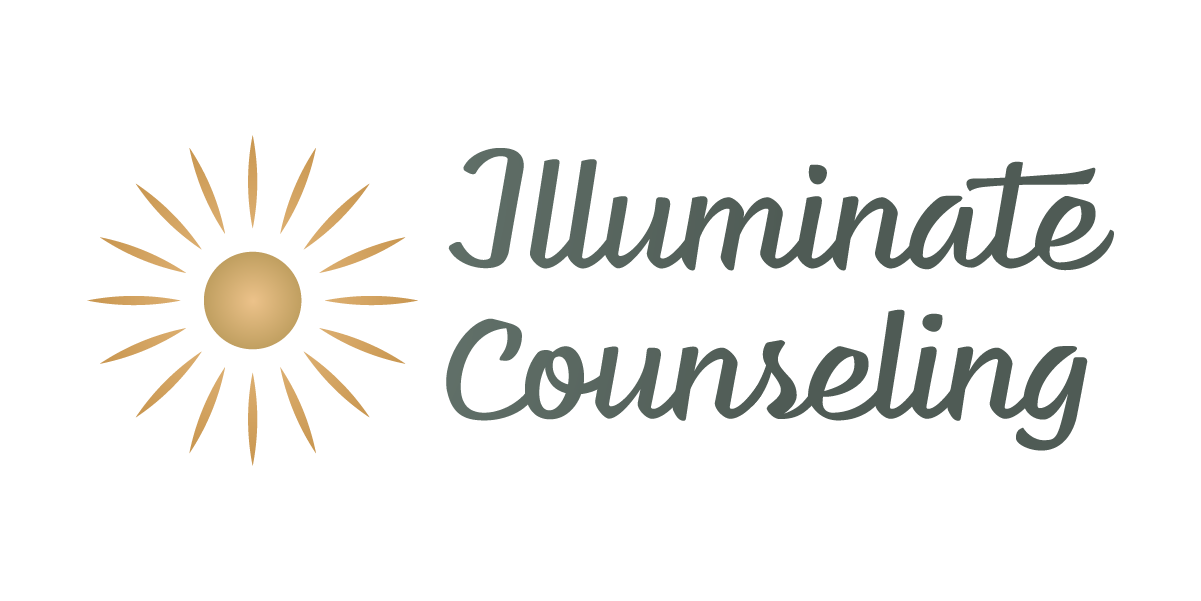Intro to Coping Skills
Imagine you have a broken bone in your body. You have a few choices when it comes to healing this broken bone.
One option is you could do nothing. Chances are, you are going to be in pain for quite some time and things may get even worse. When it comes to your emotional pain you also have the option to do nothing, but your emotional brokenness will potentially never heal and may consistently cause pain in your life.
You also have the option to only use a cast. The cast will likely protect your broken bone from getting worse, but if all you use is a cast there are likely going to be persistent lingering effects from your broken bone. The cast is like coping skills that you implement for your emotional pain. They are not going to fix everything, but they are likely to play a positive role in things not getting much worse. They will provide a sense of stabilization.
Another option you have is to let the bone be reset, have any other necessary procedures done, wear a cast, and go through ensuing physical therapy that is needed. The bone reset and other necessary procedures may initially cause more pain. But, if you go through this extra bit of pain then the healing that can then take place will lead to a potential full recovery. All these procedures and physical therapy are like going to therapy for your emotional pain. Therapy can lead to you experiencing recovery, but it may initially make things more emotionally painful. Now, the cast in this scenario is also necessary because it protects the reset bone from getting re-injured. You may bang your broken bone against some things here and there and feel a slight jolt of pain, but for the most part, the cast is rather protective. This is how coping skills play within the role of therapy, they are not full-proof, but they do minimize the risk of re-injury.
At some point in therapy, we will likely talk about coping skills. While this is becoming more of a common term among us, especially with mental health picking up steam in our society, you may be unsure exactly what this means.
Let’s break it down.
Coping means “to face and deal with responsibilities, problems, or difficulties, especially successfully or calmly.” Skill means “the ability, coming from one's knowledge, practice, aptitude, etc., to do something well.”
So, in short, coping skills are skills that we turn to that give us the ability to successfully deal with stressors. The stressors that we use coping skills for could be a variety of things. Perhaps it’s flashbacks from a traumatic episode, fluctuation in emotions that we have little control over, berating self-talk that we can’t seem to stop, a rush of emotions that was unexpected, or a rush of emotions that was expected but still difficult. While coping skills don’t necessarily take stressors away, they do help achieve a sense of stabilization when reacting to them that goes along well with the deeper processing we will engage in with therapy.
In another couple of blog posts, I’ll break down two groups of coping skills that I often go over with clients: preventative and reactionary coping skills.


